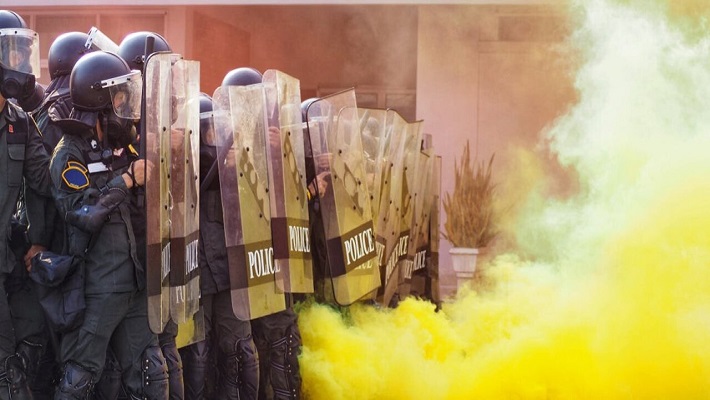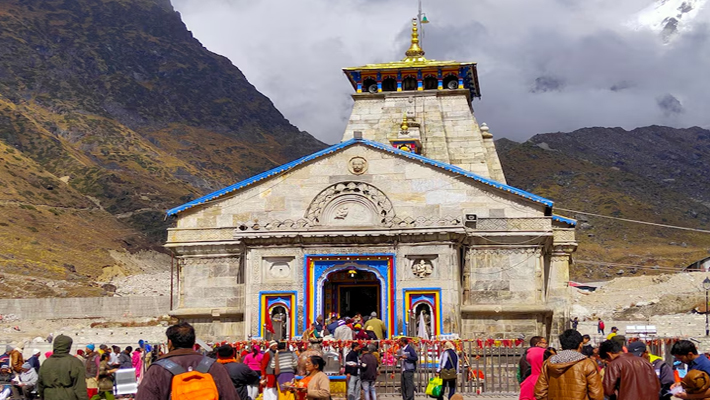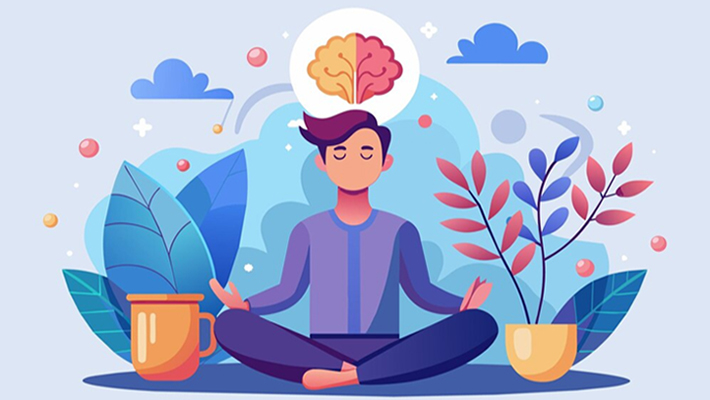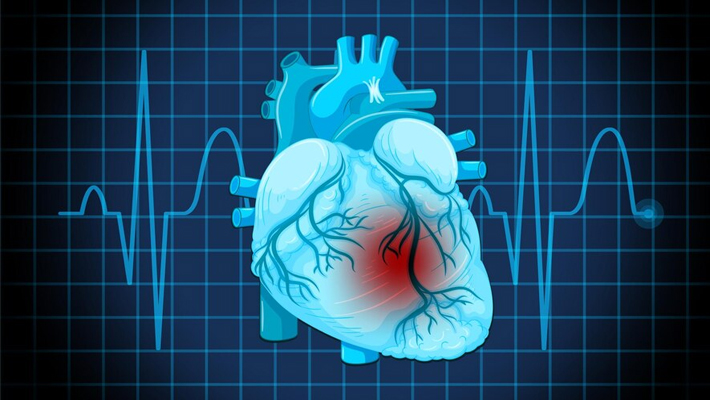
"We are the powerful people abusing our own power," Jon Ron son once said, and indeed, he was correct! Today, the most powerful tool we have is social media, which people use for business, marketing, social influence, financial influence, getting rich and other purposes. We are getting more engaged as more platforms are released every year. For example, a recent platform named Thread was released and has already gained a large number of followers. Today, social media platforms have facilitated everyone's right to freedom and free expression, which has led to the rise of social influencers gaining a huge number of audiences because social influence is the most efficient way to reach and expand your audience. It works well and is all-natural and organic. But, with all of the amazing good that influencers can do, is there a flip side to the coin? Is there a dark side to the power that advocates and influencers have? absolutely.
The Unfavorable Attention
Is a social media platform that has taken off, and millions of people are scrambling to make their voices heard. Each of them aspires to be the most popular topic on social media. However, is that really a good thing? The majority of hot topics are depressing. Nothing makes the voices on Twitter and instagram happier than to join in on the public humiliation and shaming of the "bad guy." Typically, this refers to a business, a politician, the government, or another 'evil' entity. Sometimes, we may even believe that they should be publicly shamed and flogged. Maybe you were just a bystander watching this happen, or maybe you took part in some way. In either case, the majority would contend that she deserved the unfavorable attention.
Social influencers & their Psychological Underpinnings
Riots are a historical example of the widespread resentment, rage, and unrest that have pervaded societies. France, a nation renowned for its diverse cultural heritage, has seen its share of unrest. It's crucial to look deeper than the chaos on the surface at the psychological factors that motivate people to commit such violent acts. As individuals fall victim to the potent forces of conformity, de-individuation, and emotional contagion, the negative aspects of social influence are brought into play. For society to address the underlying causes and come up with practical solutions, it is essential to comprehend these psychological mechanisms.
Conformity & Group Dynamics
One Significant aspect contributing to riots is the power of conformity. Individuals are social creatures, and when they find themselves in the midst of a riotous crowd, they often conform to the group's behavior. The desire to fit in and the fear of social rejection can override individual moral compasses, leading to the perpetuation of violence and destruction. The anonymity provided by the crowd further reinforces this conformity, as people feel shielded from personal accountability.
De-individuation & Reduced Responsibility
De-individuation is another psychological phenomenon that plays a significant role in riots. In a crowd, individuals often lose their sense of personal identity and responsibility, feeling like a faceless member of a larger, anonymous mass. This reduced self-awareness can result in a diminished sense of personal accountability for one's actions. The absence of individual consequences contributes to a willingness to engage in acts that one might typically find unacceptable, perpetuating the cycle of violence.
Emotional Contagion & Mob Mentality
Emotional contagion is the phenomenon in which emotions spread quickly within a group. The intense emotions of anger, frustration, and resentment can quickly escalate in the context of riots as they are transmitted from one individual to another. This emotional contagion feeds mob mentality, in which rational thought gives way to impulsive and destructive behavior. The collective rage becomes self-reinforcing, creating a difficult-to-break cycle of violence.
Examining the psychology behind riots is crucial to comprehending the dark side of social influence. In the case of riots in France, understanding the interplay between conformity, de-individuation, and emotional contagion sheds light on the underlying factors that contribute to such unrest. By addressing these psychological mechanisms, societies can develop preventive measures that target the root causes of riots and work towards building a more peaceful and harmonious future. Efforts should be made to promote empathy, encourage individual responsibility, and provide outlets for peaceful expression of grievances, ultimately curbing the destructive power of social influence in times of societal unrest.







